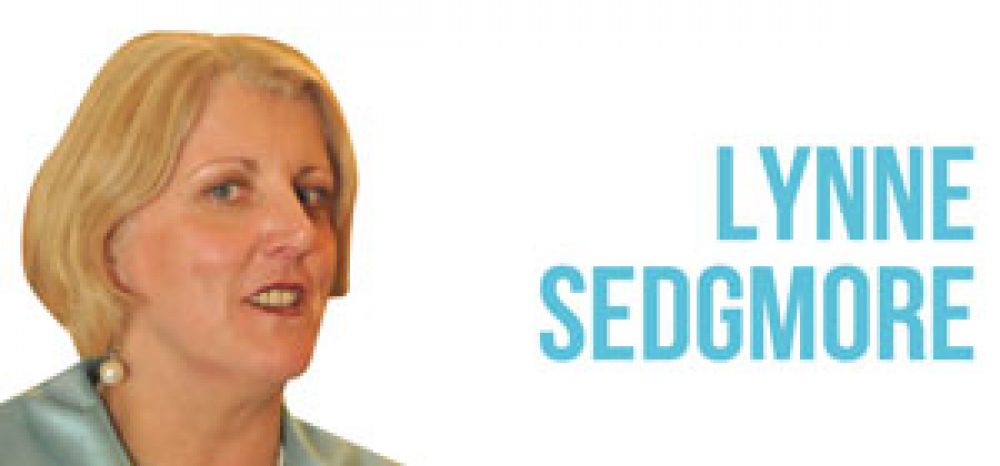Ofsted boss Sir Michael Wilshaw had some tough words for FE at a recent Education Select Committee hearing, and while some of his comments may not have been well-received, that’s no reason to be dismissive says Lynne Sedgmore.
I speak frequently with Ofsted during these delicate and complex times.
I believe all colleges set out to offer good provision and to do good work for their students, employers and communities.
But I am deeply concerned at the impact on the reputation of colleges that Ofsted’s currently-expressed views have.
Off-the-cuff remarks with little basis in evidence, such as some of what we heard at the recent Education Select Committee hearing [see page three], are unhelpful, and I reiterate this continually in my conversations with senior staff.
Having said that, I believe we must take notice and respond with true professionalism to the accurate and rigorous elements of Ofsted’s work.
While the media headlines have been grabbed by claims about poor teaching and unaccountable leadership, there are, equally, important messages about how colleges have, in the past, fallen victim to a poorly-conceived skills system and some less than rigorous inspection results which inadequately considered student success rates when giving grade one results.
Sir Michael Wilshaw’s acknowledgement that guidance in schools needs closer scrutiny is to be welcomed. As are Matthew Coffey’s assertions that funding may have driven an inevitable leadership focus on business needs, and that colleges must be full partners with LEPs in any future employer-led funding system.
These are signs that, within Ofsted, there is a desire to see fairness and a strong FE sector that benefits from healthy student recruitment, engages with the business community to ensure its graduates gain jobs and, as a central preoccupation, delivers outstanding teaching and learning in every institution and community.
There was an acknowledgement on all sides of the Select Committee hearing that FE was “fundamentally important” and “little understood”.
I have written in the pages of FE Week before about the need to engage seriously with teaching and learning improvement and excellence.
It is the job of every one of us working in and with colleges to ensure that teaching and learning is always the absolute best it can be, and that learners and their success are at the heart of everything.
FE is ‘fundamentally important’ and ‘little understood’”
That means every college in the country clarifying how its values, mission and strategy, place learners centre stage; how leaders embody support and commitment to teaching and learning excellence in everything they do.
On a daily basis, they must convey this critical importance to all staff by making sure teachers and support staff are enabled and encouraged to engage with effective professional development and consistently deliver excellence for all students.
There is much research about effective leadership, effective teaching and effective professional development — not least some of the recent work that the 157 Group has published.
Encouraging staff to take the time to understand this and apply it to their work is something that must happen in every college.
So yes, we should be critical when the presentation of information is inadequately evidenced or not sufficiently robust. We should dispute sweeping generalisations which we all know are based on a small snapshot of colleges. We must evidence and proclaim where we do have good practice.
What we all share is huge passion and common values for our learners and for excellent teaching and learning.
To rise to the quality challenge we face requires the self-confidence to believe we have the potential, the expertise and the commitment to create an outstanding FE sector.
It requires building powerful alliances inside and outside our colleges, focusing relentlessly on teaching and learning and celebrating success, but also challenging poor practice and generating peer cultures that ensure all staff deliver excellence in every aspect of their college.
We will find, I suspect, that we are not that far away from the values and passion of Ofsted. But to bring together our values and ambitions, we need to build a strong partnership of mutual regard alongside being vocal about, and clear on, the excellence we aspire to and are fully capable of.
Lynne Sedgmore, executive director of the 157 Group









Your thoughts